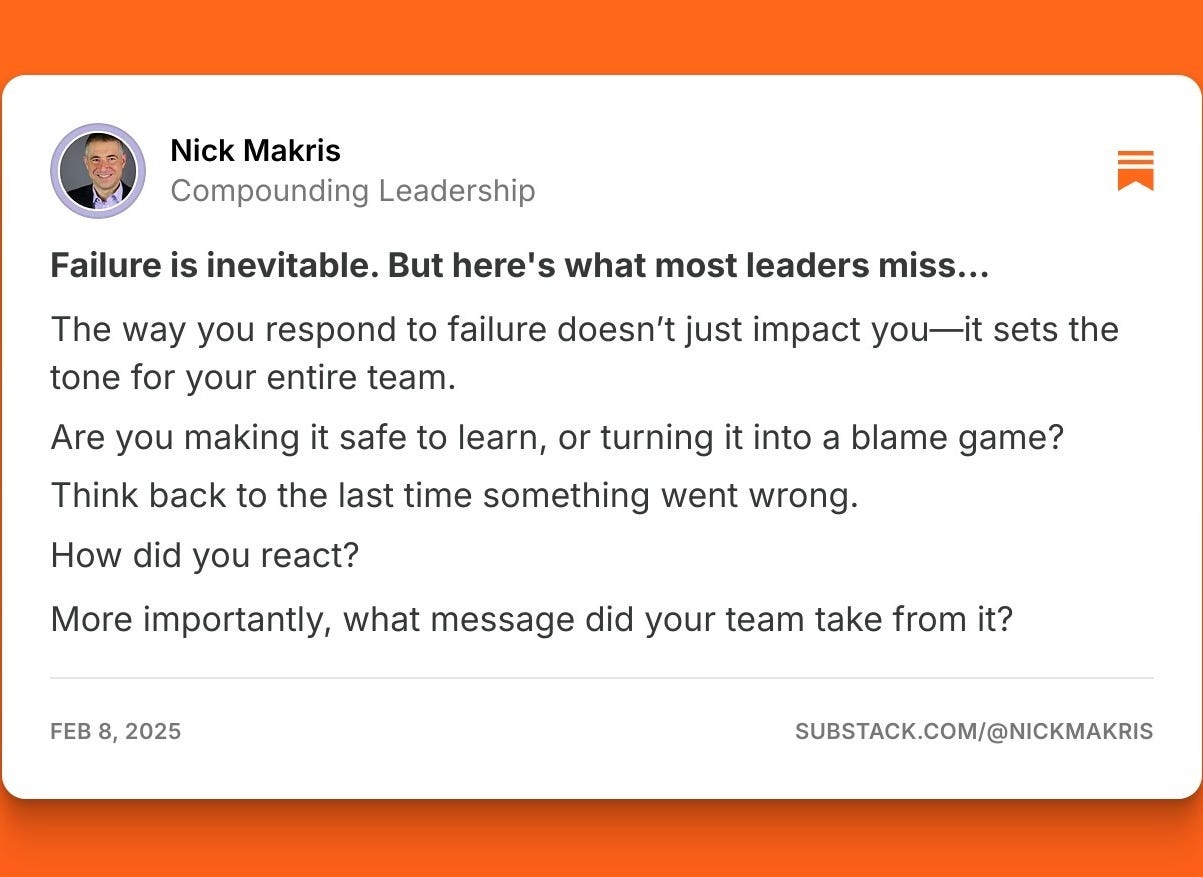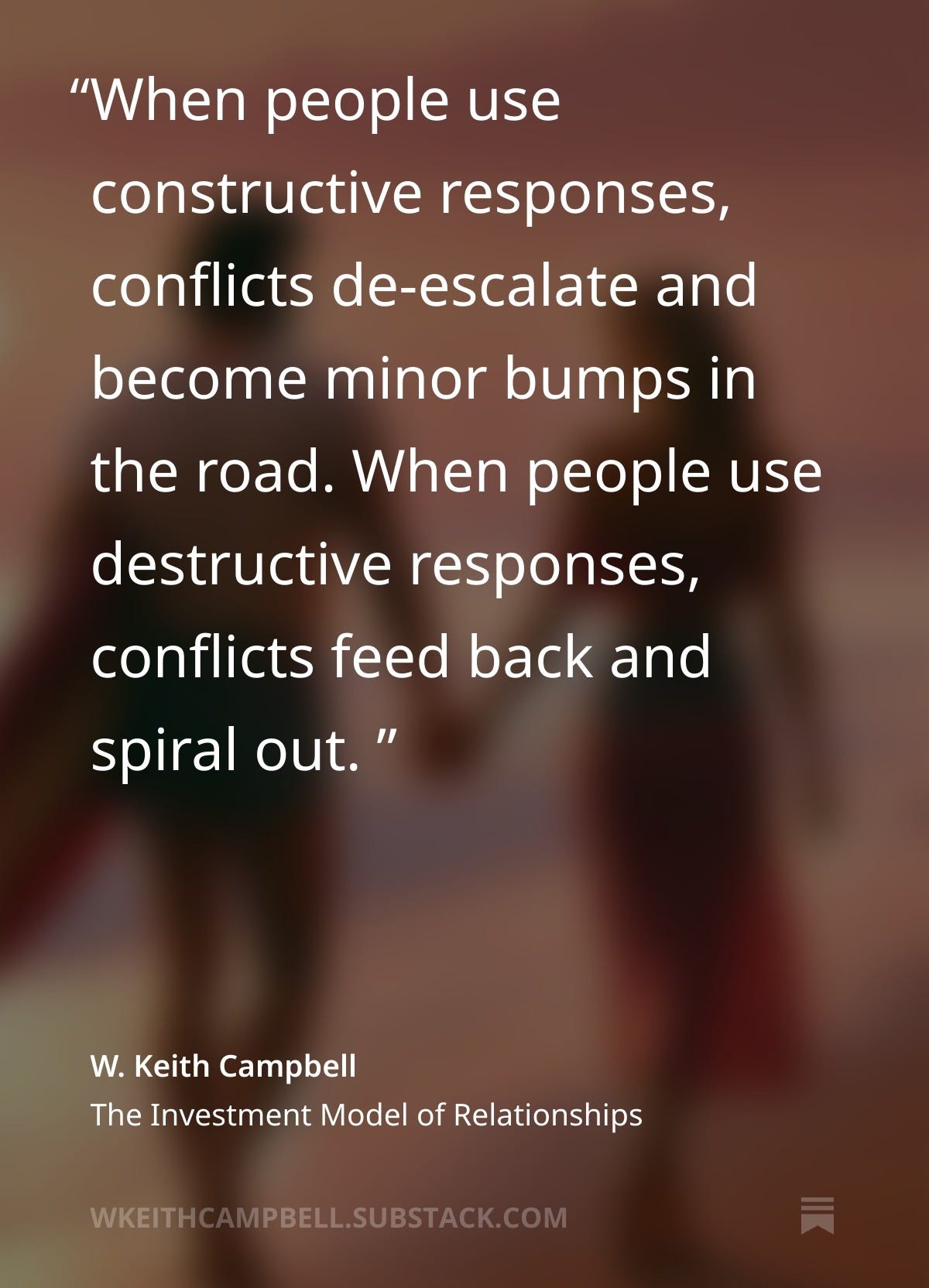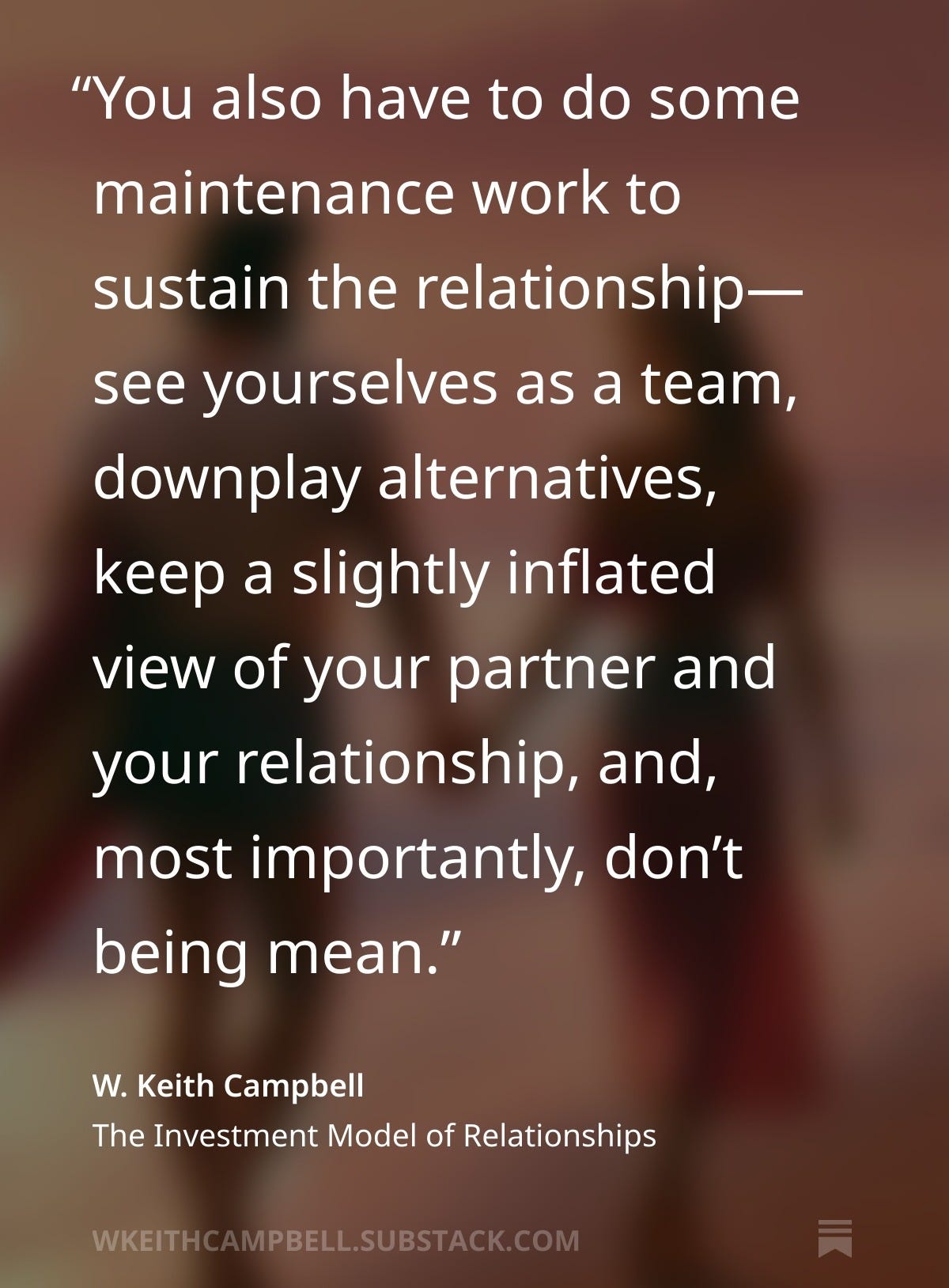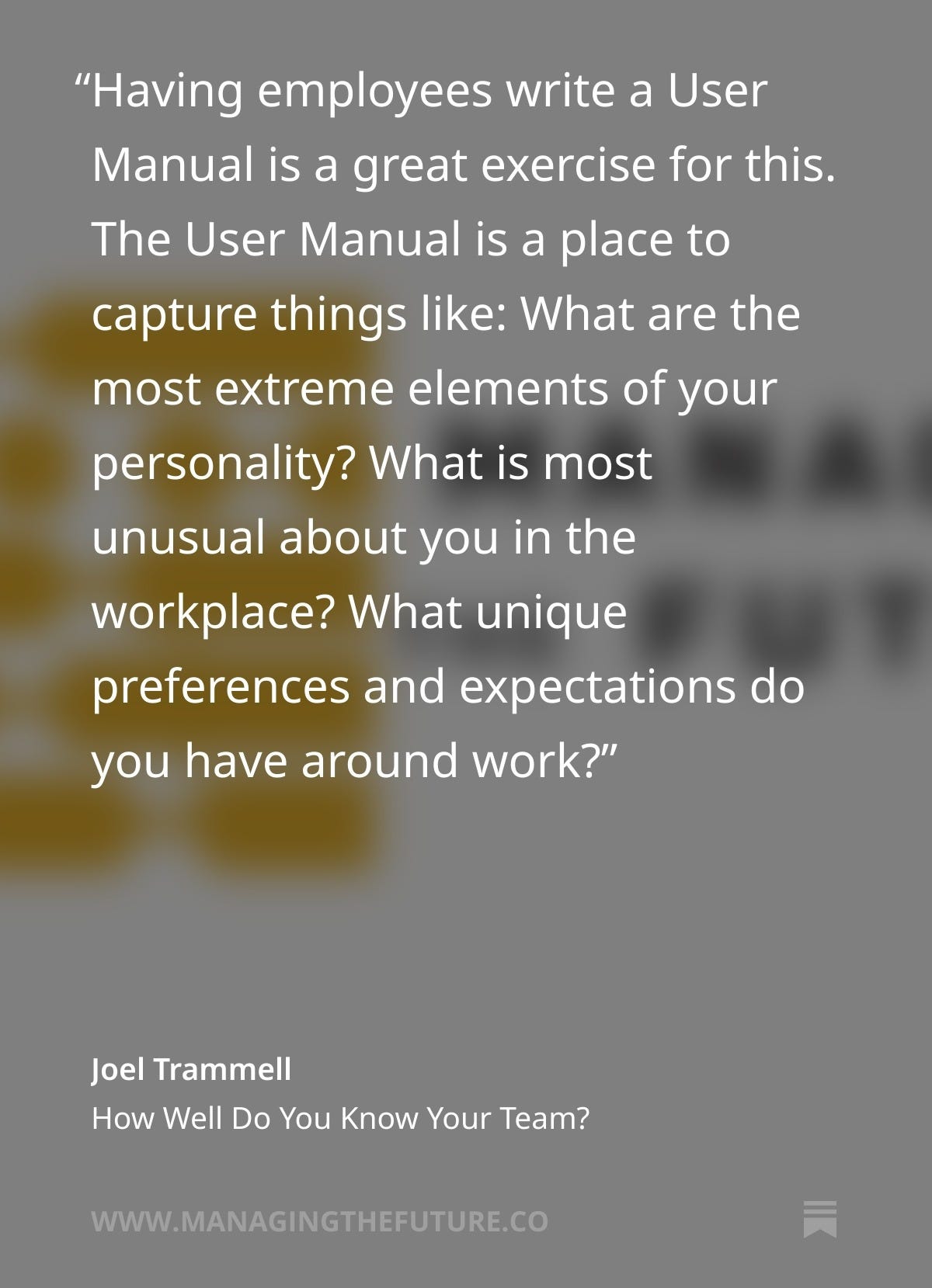Role Modeling Through Our 'Failure'
And two "Perfect Score" articles, with smart excerpts I discovered this week
Welcome to a new feature at Communication Intelligence (the second issue):
This is Weekly Finds, from writers, articles and Notes on Substack. I couldn’t include everything “great” I found. Here are this week’s top picks:
“Are you making it safe to learn?” That should be a rhetorical question or eventually become one because people have different learning styles, time frames required and to grow, you need to take calculated risks.
As a leader, “How did you react” when “something went wrong?” You role modeled at that time for those around you and your team noticed and concluded something specific about that reaction or response.
Was it respect and admiration or something less impressive?
Perfect Score: Articles I Loved This Week
W. Keith Campbell’s article on relationships grabbed and kept my attention throughout and there are some gold nuggets in it.
Here is one excerpt from Campbell’s piece:
“Constructive responses to de-escalate” conflicts. Noted.
The second of two excerpts:
That is a tight conclusion and overview of the article (worth reading).
Now, for Joel Trammell’s “Managing the Future” newsletter.
What I liked: The lede and introduction grabbed me right away:
“People are weird.
“That’s one of the main lessons I’ve learned in decades of management and leadership. Is it a revolutionary insight? Maybe not. But it has fundamentally changed how I work with employees, especially my direct reports.
“What do I mean by ‘weird?’ I mean that everyone is extreme in at least one or two dimensions of their personality. We’re all in the 90th percentile in some aspect of the way we behave and think.”
1 of 2 excerpts:
We’re wired differently as humans and one-size fits all is likely to result in suboptimal leadership of a team.
Excerpt 2 of 2:
Pointed. Rough too.
Trammel is however quick to add the following:
“This sounds a little grand, but I just mean a general understanding of their personal background,” he wrote. “Some employees may be less keen to share this, which should be respected, but I find it fascinating to understand the forces that shaped a person’s approach to life and work.”
I like the idea, if it’s presented in a positive, curious manner, as in asking a little about what makes us work at our best, how we interact better with others, how we naturally deal with disappointment or conflict and how we like to work collaboratively (or not), that sort of insight.











